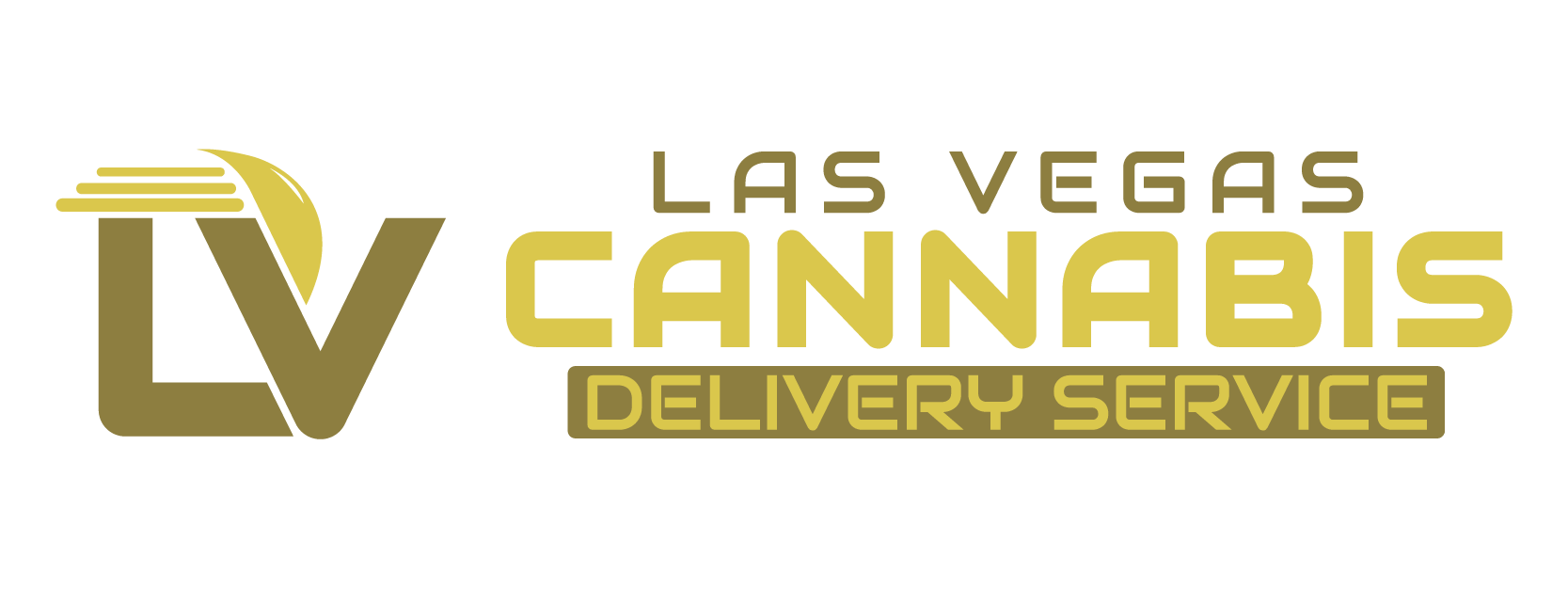Nevada’s cannabis market continues to grow rapidly, especially around Las Vegas and Reno, creating fierce competition and high customer expectations. Dispensaries offering delivery must decide whether to invest in in-house infrastructure or partner with third-party logistics companies. Each model offers unique benefits and drawbacks depending on a dispensary’s size, capital, and operational strategy.
Advantages of In-House Delivery
Full Brand Control
Managing your own drivers ensures every touchpoint, from packaging to customer interaction, stays on brand. Consistent quality builds trust—something larger dispensaries like Planet 13 have prioritized to maintain their premium image and avoid reputational risks tied to outsourced delays.
Better Profit Margins
Retaining 100% of product revenue becomes possible when avoiding third-party commissions, which can reach 30%. Over time, this adds up, especially for dispensaries with high delivery volume.
Direct Customer Relationships
In-house teams can cultivate deeper customer loyalty. Drivers represent the brand, enabling dispensaries to build stronger, more personal consumer relationships that third-party services often can’t replicate.
Real-Time Data Access
Controlling delivery operations opens the door to valuable insights—delivery times, popular products, preferred neighborhoods—all of which help refine marketing and improve logistics efficiency.
Challenges of In-House Delivery
High Start-Up Costs
Purchasing vehicles, hiring delivery staff, obtaining insurance, installing route optimization software, and meeting Nevada’s compliance rules can create a heavy upfront investment.
Ongoing Operational Demands
Managing logistics becomes a full-time responsibility. From handling customer service issues to maintaining compliance documentation, the workload stretches operational capacity for smaller dispensaries.
Increased Liability
Any accident, theft, or non-compliant activity places the dispensary at direct legal and financial risk. Without third-party insulation, all fallout lands squarely on the business.
Benefits of Third-Party Delivery Services
Quick Market Entry
Third-party partners like Blackbird and other licensed Nevada operators already have vehicles, systems, and personnel in place. Dispensaries can launch delivery programs quickly without needing to build from scratch.
Lower Operational Burden
Logistics, staffing, and insurance requirements shift to the partner company. This frees dispensaries to focus on retail operations and product assortment.
Built-In Compliance
Established third-party services operate with licensed drivers and compliant infrastructure—lockboxes, ID scanners, and seed-to-sale tracking—helping dispensaries avoid regulatory pitfalls.
Scalable and Flexible
Third-party models allow retailers to scale up or down without fixed overhead. This becomes ideal for dispensaries uncertain about consistent delivery demand.
Drawbacks of Outsourcing
Reduced Profitability
Commission fees cut into each transaction. Over time, this can force price increases or impact margins unless offset by larger volume.
Less Control Over the Customer Experience
Late arrivals, poor presentation, or communication gaps can harm a dispensary’s reputation—even if the partner is to blame.
Brand Identity Challenges
Generic delivery services lack personal branding. Consumers may associate their experience more with the delivery platform than the actual dispensary.
Reliance on Third-Party Platforms
Traffic driven by external partners may benefit sales, but it also reduces customer loyalty to a dispensary’s own ecosystem.
Strategic Considerations for Nevada Dispensaries
| Key Factor | In-House Model | Third-Party Model |
|---|---|---|
| Startup Cost | High | Low |
| Speed to Launch | Moderate to Slow | Fast |
| Brand Control | Complete | Limited |
| Compliance Burden | Full responsibility | Largely handled by partner |
| Long-Term Profit Potential | High | Moderate |
| Operational Complexity | High | Low |
Final Thoughts
Dispensaries with established customer bases, sufficient capital, and long-term growth strategies often lean toward in-house delivery to maintain brand integrity and maximize profit. Others, particularly startups or smaller shops, benefit from the flexibility and reduced risk of outsourcing to third-party services.
Hybrid models are also emerging, combining in-house delivery for nearby loyal customers with third-party partners for reaching outlying zones or overflow orders.
No single solution works for every dispensary, but choosing a delivery model that aligns with internal capabilities, customer expectations, and long-term business goals gives Nevada operators the best chance at success.
